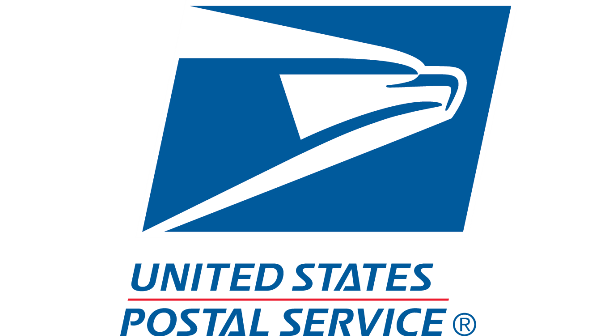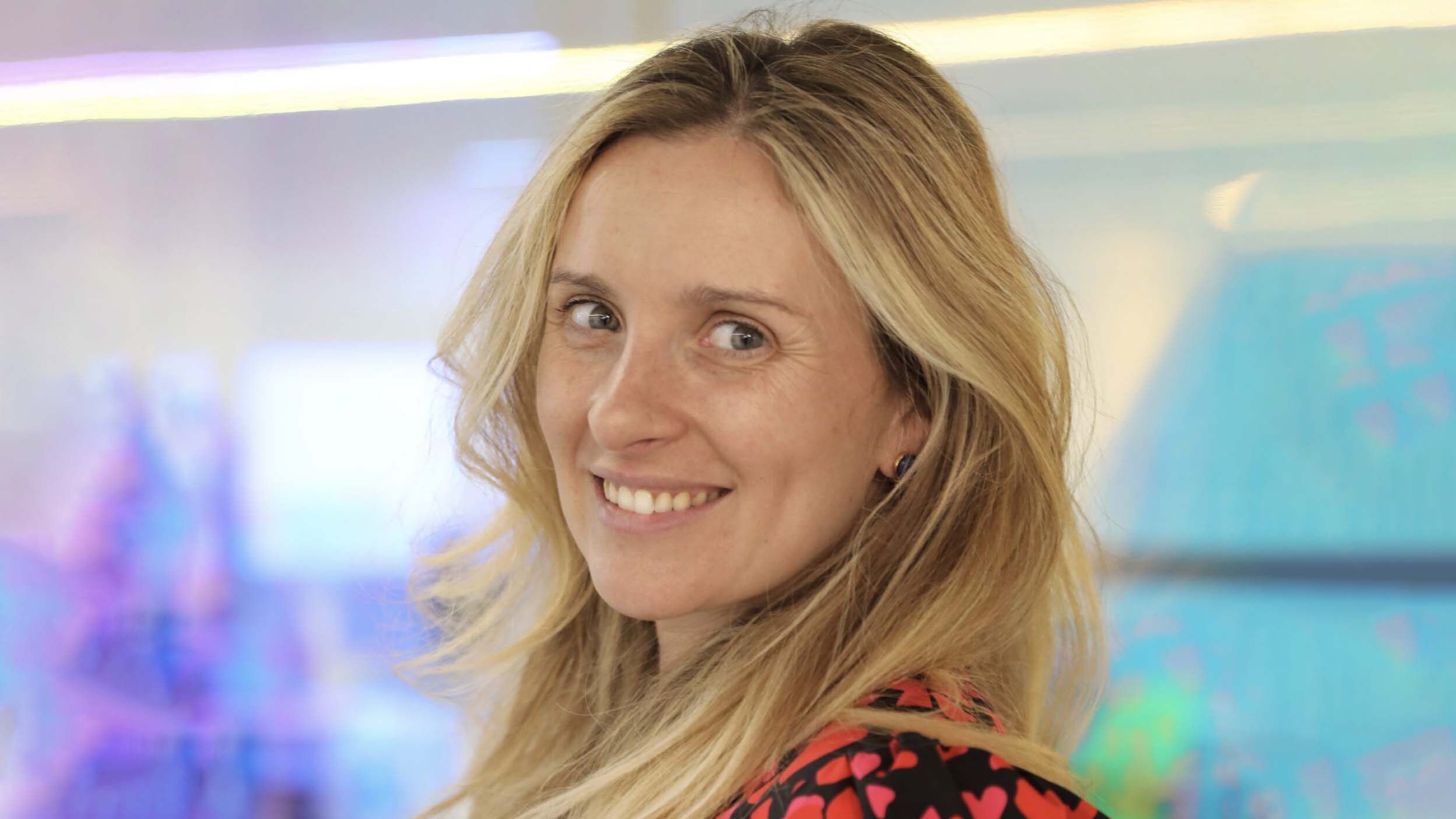The Wells Fargo Startup Accelerator is a semiannual boot camp for young companies that will help them commercialize their ideas and begin selling effectively into the enterprise marketplace and/or the financial services vertical. Wells Fargo is seeking innovations in biometrics, location-based services, analytics, deposits, security, payments, operations and emerging financial services that could shape future customer experiences in the banking industry.
Wells Fargo is accepting Accelerator applications through Oct. 1. During the 6-month program, Wells Fargo will offer coaching, access to subject matter experts, and potentially purchasing managers. In addition, each admitted company may receive a direct equity investment of $50,000 to $500,000.
Wells Fargo intends to run this program twice annually, so the Accelerator will give several young companies each year the opportunity to develop and refine products in a collaborative environment.
The application starts here.
Steve Ellis is EVP, Head of Wholesale Services Group and “on point for treasury management, payments, mobile, social, and customer experience” at Wells Fargo. He graciously agreed to fill us in on all the Startup Accelerator details.
Q. Steve, what is your role with the Startup Accelerator?
A. I oversee the Wells Fargo Startup Accelerator and lead the strategic direction of the program. I am a 27-year veteran of Wells Fargo and lead the bank’s Wholesale Services Group. Overseeing and driving innovation has been a core part of my career and tenure at Wells Fargo. The Startup Accelerator is a major new initiative that is part of my ongoing commitment to innovation.
Q. What is the impetus for starting the Wells Fargo Startup Accelerator? Why now?
A. All organizations need to innovate to maintain their competitive edge and banking is no different. In fact, with the rapid development of technology, it’s more important than ever before for banks to innovate to better serve their customers. We have a history of doing this. For example, in 1995, Wells Fargo was the first major financial services company in the U.S. to give customers Internet access to account balances. Wells Fargo also was the first major U.S. financial services company to offer a mobile service for businesses in 2007. The Startup Accelerator gets us to new ideas at the edge of our business faster and adds a new cylinder to our corporate innovation engine.
Q. Big financial firms are deploying a variety of models to keep up with potentially disruptive innovation. Did you consider establishing an innovation lab, sandbox, or straight venture fund prior to launching the Startup Accelerator?
A. We actually do have a lab that is focused on innovation, but as I described, the Startup Accelerator broadens our visibility into new innovations, exposing our people to new ideas, and ultimately getting us to new ideas at the edge of our business faster.
Our Startup Accelerator is unique in that it is focused on innovation rather than returns. It delivers the innovation we are looking for and the growth that startups desire. There are other options for companies to keep up with disruptive technology, but the Startup Accelerator model is the right one for us.
Q. You’ve said one of your objectives is “to stoke innovation across the Wells Fargo enterprise.” How do you plan to make that happen?
A. The Wells Fargo Startup Accelerator does not exist in a silo. The startups that are selected for the program will be exposed to all relevant parts of the bank with a Wells Fargo advisor acting as the startup’s guide to the bank, making introductions throughout the organization.
Q. Are you aligning all Accelerator efforts with Wells Fargo’s business strategies or are you also pursuing green field FinTech opportunities?
A. While our overall business direction will always be a backdrop to the Startup Accelerator, we’re really interested in any technology that can be used by Wells Fargo to better serve our customers and operate our business. For any startup considering applying, they should know that we’re looking to engage with innovators beyond the edge of our own creative enterprise.
Q. Which areas of FinTech are particularly interesting to you? Payments technology (mobile and otherwise), alternative lending, and automated wealth management have been attracting significant capital recently. I’ll guess that alternative credit scoring algorithms are of interest. Are you encouraging Bitcoin-related startups to apply?
A. We’re looking to engage with innovators beyond the edge of our own creative enterprise, so this includes a vast range of technologies. However, we are particularly interested in innovations in some of the most important areas that are impacting banking today. These include analytics, big data, mobile, security and infrastructure.
Q. Does it matter to you if a startup’s focus is retail or institutional? On banking or on investments?
A. No. Wells Fargo is one of the largest banks in the country and as such we have a diverse range of customers. The Startup Accelerator is intended to identify innovations that could better serve any of these customers.
Q. Will you accept truly disruptive startups or are you looking for incremental improvements in your existing businesses? For example, will your program welcome companies that might threaten your existing businesses or distribution channels?
A. We’re looking to engage with innovators beyond the edge of our own creative enterprise. No innovation should be considered too ‘out there’ for us to consider.
Q. Are there specific areas you will not be looking at?
A. We are not looking at innovation that has no connection to financial services or improving the customer experience. We are not looking at 3D printing companies, for example.
Q. Do you have a preference as to the stage of the companies you bring in?
A. A firm that is looking to break into the financial services vertical and or the enterprise marketplace is ideal. For example, a firm that provides technology – digital and tailor made for the internet and mobile future.
Q. Wells Fargo is a global company with offices in 36 countries. Is the Startup Accelerator program also global? Should startups from Europe, Asia and the rest of the Americas apply?
A. Yes. In fact we have already had applications from around the world following the launch of the Startup Accelerator.
Q. Can you tell us what the selection process looks like and who is on the selection committee?
A. The review process includes technical and executive reviews with ultimate decisions carried out by the selection committee, which includes me along with:
- Vas Kodali, EVP and head of Technology Industry Partnership Development.
- Braden More, SVP and head of Enterprise Payment Strategy.
- Puon Penn, EVP and head of Commercial Banking’s Technology and Venture Banking Group.
- Brett Pitts, EVP and head of Product Management for Digital Channels Group.
- Bipin Sahni, SVP and Head of Wholesale Innovation and R&D.
Full details of the selection process and short biographies of the committee members are available on the Wells Fargo Startup Accelerator website: https://accelerator.wellsfargo.com.
Q. What is Wells Fargo bringing to the table that other FinTech accelerators and early-stage venture investors don’t offer?
A. One of the primary differentiators is the credibility startups receive by being selected by one of the largest banks in America. But it’s not just credibility; it’s also access to a major technology market. If a startup can sell to us, they can sell to a lot of other banks.
Q. What kind of interaction can Accelerator participants expect to have with Wells? Will they get preferential access to people (whether for advice or for sales presentation) or data, for example?
A. We assign each startup an internal advocate, who acts as a single point of contact for the startup. This advocate will help the startup navigate the bank and ensure the ‘network effect’ is maximized. Each startup will benefit from Wells Fargo’s connections in law, accounting, strategy, marketing, and sales.
Q. Will Accelerator participants have a leg up in becoming vendors to Wells Fargo?
A. Each company will be guided through the program by their sponsor until graduation. At that point, the most successful firms may become vendors of the bank.
Q. Where will the accelerator be located physically?
A. San Francisco – our headquarters and the crossroads of innovation and financial services. The Bay Area is thick with entrepreneurs, venture capitalists, and college kids who are constantly dreaming up big ideas and asking for our advice.
Q. Who at Wells is serving as a mentor?
A. The selection committee also serves as mentors.
Q. And from outside of Wells?
A. Not at this time.
Q. Zumigo (enables location-based mobile marketing), EyeVerify (biometric identity verification for mobile app security), and Kasisto (virtual personal assistants for mobile users of financial services) have already been accepted into the Accelerator. Is it possible this entire cohort will have a mobile theme?
A. It depends on the number and type of applications we receive. Mobile is a major technology trend, and so we imagine it will always feature heavily, but not at the expense of other innovations we think can help us better serve our customers.
Q. How are you defining and measuring success?
A. By the number of applications we receive to the startup accelerator and the innovations that we ultimately develop as a result of the program.
Q. How do applications look so far?
A. Very good. We are pleased with the response from the startup community in the Bay Area, across the U.S. and around the world. The application process is easy. Simply go to https://accelerator.wellsfargo.com by October 1 2014 to apply.
*************************************************************************************************
Braden More, Wells Fargo SVP and head of Enterprise Payment Strategy, answered the following questions about investments made in Accelerator participants:
Q. Braden, each Accelerator participant will receive a direct equity investment of between $50,000 and $500,000. Will this be in the form of common or preferred stock? How will you determine the amount of the investment allocated to each participating company and the valuation? Or are you taking a fixed percentage?
A. The investment terms will be negotiated with each participant. In all cases we will be a minority investor.
Q. Will you be taking board seats in conjunction with your investment?
A. We are making passive investments and will not ask for board representation.
Q. $500,000 is certainly at the high end for capital awarded by accelerators. How did you arrive at that number?
A. We thought a larger range would give us flexibility to work with more firms.
Q. Does Wells Fargo anticipate investing further in any of the participating startups?
A. As a strategic investor, we expect to make a single investment.
Q. Is it possible that Wells Fargo will end up buying some of these companies outright?
A. That is not the goal of the program.
Q. Thank you, Steve. Thank you, Braden.



